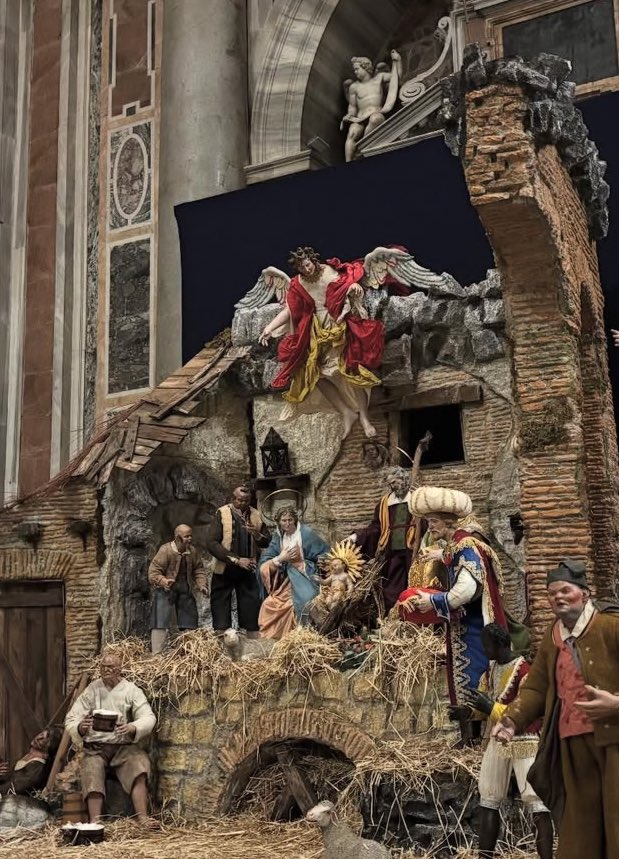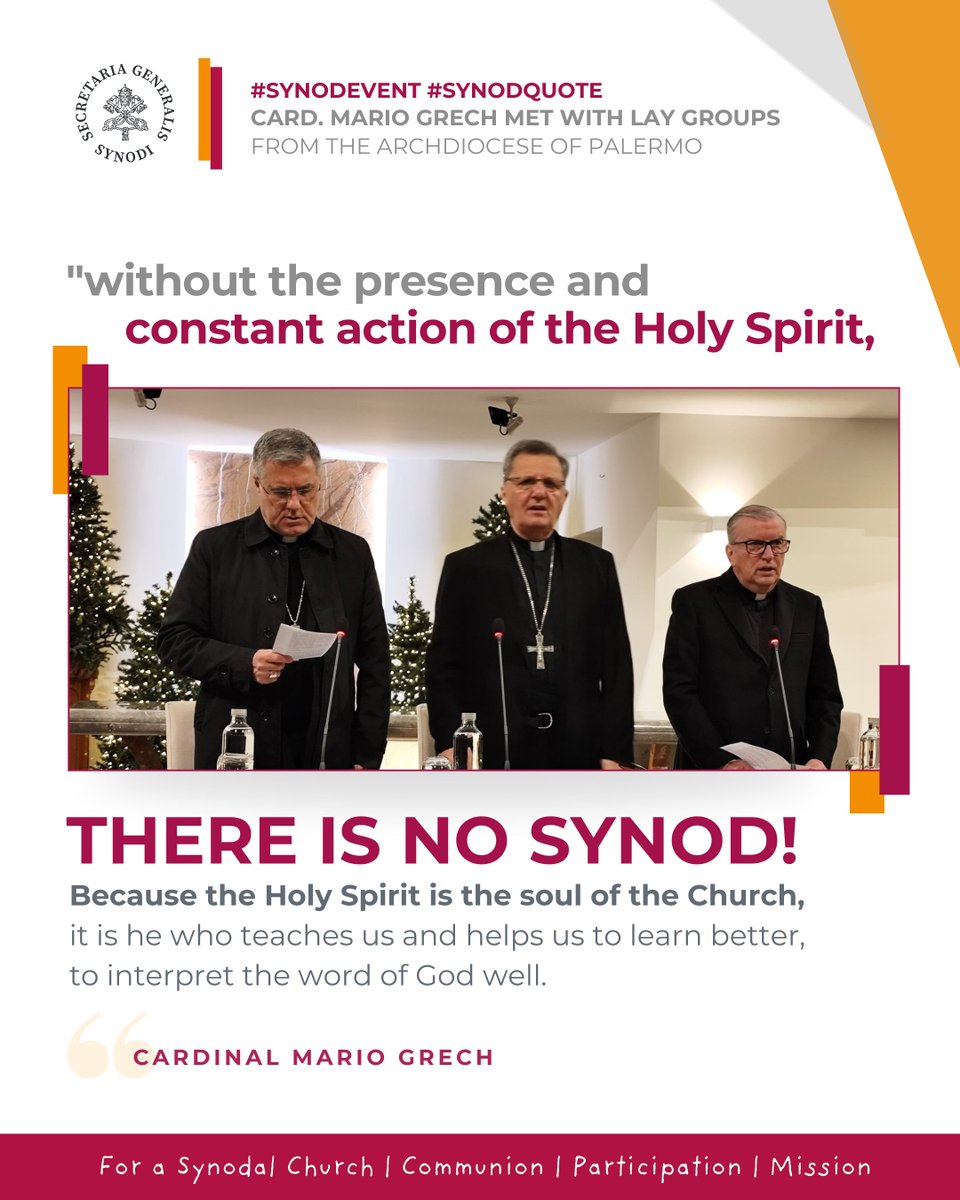Genuine Misquote or Damage Control Effort?
Dean Pinto of Roman Rota says he did Not issue Threat to Four “Cardinals”

Come on, would this face lie to you? (AP Photo/Riccardo De Luca)
An interesting development has occurred, and it’s one that will probably make you chuckle.
On Nov. 29, the Spanish web site Religion Confidencial published a report according to which the dean of the Novus Ordo Sect’s Roman Rota — the Vatican’s highest appeals court — had issued a threat against the four “dubia cardinals” Burke, Brandmuller, Meisner, and Caffarra, basically for challenging Francis in public to either fish or cut bait, as it were, regarding “Holy Communion” for adulterers and other more basic moral issues in the “papal” exhortation Amoris Laetitia. Here is a link to our post covering this story and the background on the dubia:
- Dean of Roman Rota: “Four Cardinals who have written to Pope could lose their Cardinalate”
- Four “Cardinals”: Francis won’t answer Direct Questions on Amoris Laetitia
- “Cardinal” Burke: May need to issue “Formal Act of Correction” against Francis
Religion Confidencial had quoted Dean Pio Vito Pinto as follows:
What Church do these cardinals defend? The Pope is faithful to the doctrine of Christ. What they have done is a very serious scandal that could even lead the Holy Father to withdraw the cardinal’s hat [from them] as has happened at other times in [the history of] the Church… Which is not to say that the Pope will withdraw their status as cardinals, but that he might.
(source)
However, in a subsequent interview with the German Novus Ordo news agency KNA, “Mgr.” Pinto claims that this is not what he said:
Just to be clear: I am not the type of person who can threaten people. To write something like this is quite a journalistic liberty [to take] and not respectable [honest]. Rather, what I said was that Francis is a beacon of mercy and has unending patience. For him this is about agreement, not about coercion. For the four [cardinals] to make their letter public was a serious act. But to think that Francis would strip them of the cardinalate — no. I don’t think he would ever do that.
(“Eminenz, warum haben Sie das gemacht?”, katholisch.de, Dec. 1, 2016; our translation.)
The portal Religion Confidencial has since issued a corrected version of the article and published the following retraction:
On Tuesday Religion Confidencial published a news story that put into the mouth of Monsignor Pio Vito Pinto, dean of the Roman Rota, the assertion that the four cardinals who have written to the Pope “could lose the cardinalate”. The quote, taken from an interview conducted by RC in which Monsignor Vito responded in Italian, is not correct. After reviewing the recording, it has been proven that what he affirms is that Pope Francis is not a Pope like those of other times, in which such measures were taken, and that he was not going to withdraw their cardinalate. The news story has been corrected, but we [also] publish this correction in case that was not enough.
(source; our translation)
Of course, the question that inevitably presents itself now is, did Religion Confidencial really get it wrong the first time? Or is “Mgr.” Pinto simply backpedaling in an effort at damage control? Or did he perhaps purposely express himself in an ambiguous way so as to issue a veiled threat “between the lines” while retaining plausible deniability? Or was the whole matter a trial balloon to see how it would be received? Only releasing the full audio recording would provide a certain answer. If Francis is so “merciful” that he would never depose a cardinal, why even bring it up? Why mention that “this could have happened in prior times but not now” if not meaning to issue at least a veiled threat?
These are not silly or uncalled-for questions. We weren’t born yesterday. Look at what has been happening in the last 50+ years in the Vatican, and keep in mind that Francis was reported to be “boiling with rage” at the news that the dubia and his failure to respond had been made public.
There is another little detail to consider that is not without significance: Pio Vito Pinto’s name appears on the so-called Pecorelli List, a list of alleged Freemasons in the Vatican first published in July of 1976 in Bulletin de l’Occident Chrétien (n. 12) by Italian maverick journalist Carmine Pecorelli (1928-1979), who allegedly obtained this list through Licio Gelli (1919-2015), the so-called “Worshipful Master” of the clandestine Masonic P2 Lodge (Propaganda Due).
The Pecorelli List has been reprinted again and again in various books since then, and it contains not only the full names of individual clerics in the Vatican II Church but also their alleged member numbers, their Masonic code names (monograms), and the dates they were were allegedly initiated into the Lodge.
“Mgr.” Pinto’s entry alleges that he officially enrolled in the P2 Lodge on April 2, 1970 as member no. 3317-42, receiving the code name “PIPIVI”. At the time, he would have been 29 years of age. This is a much bigger issue than what he said — or didn’t say — with regard to the “dubia cardinals”.
Perhaps Pinto could clarify that, too, in his next interview.
Image source: Associated Press (Riccardo De Luca)
License: rights-managed





I think that list includes +Achille Lienart who ordained +Lefebvre. There are people who deny and disagree with that identification. How and ever, the Dean obviously realized that aggressive, hamfisted threats are a bridge too far, even for the Bergoglian Chaos crew. Clarification, misinterpetation as a thousand politicians have spluttered over the years when they were accurately quoted.
His backtracking is simply Bergoglian trickle down censorship. Jorge’s use of several censorship strategies aims to keep the NOite sect in shades of grey. “Clarity” to the NOites means wiping their dirty dusty windows with an oily rag, solely to further dim the light. Additionally, the still open windows keep the smoke streaming in….no light through smoke either.
I personally know conservative conciliarists who anguish over the increased confusion Amoris Laetitia is creating. Still they will not consider the sedevacantist position. I suspect it is stubborn pride that prevents them to discuss this matter with sedevacantists.
Maybe we should make an effort to point out that we won’t be gloating if they convert — we DESIRE their conversion, and they will find us magnanimous and grateful to Almighty God.
“…Pope Francis is not a Pope like those of other times…” (Wow. The truth.) because, my dear neighbor NovusOrdoites, he is not “a pope” at all. “A Pope” has to be “a Catholic”. The PINO Novus Ordo presider, Jorge Bergoglio, is a Vatican II stealth occupier. Ongoing blindness to this fact is not helpful.
But no one has been able to hear that audio from the interview.
In rectification in Religión Confidencial, M. Pinto states that “Pius XI suspended Cardinal Billot, but Francisco will not do so.”
Cardinal Billot was one of the authors of Pascendi. He considered that the decision of Pío XI regarding the French Action, was wrong. But this action of Pius XI was not doctrinal, but rather of political sphere of action of Catholics!
This condemnation of French Action was revoked by Pius XII in 1939. That is, it wasn’t a doctrinal decision, but a prudential one.
Personally I think that Pius XI wasn’t right on the French Action issue, nor in the case of Cristeros. But such actions are the domain of Church government, not doctrine.
A Pope is not infallible in the government of the Church, because no one can foresee the optimal outcome of certain actions in the future.
However, doctrinal teaching is infallible, because doctrine can’t change.
Eh, thisa is nota a guna which I ama pointing ata youra heada. The horse’s heada which you found ina youra beda is not to be taken as a a threata. No, senor, It is an offer thata you cannota refusea. Capisce?
This is worst, in Trent against Trent:
http://www.unavox.it/ArtDiversi/DIV1724_Belvecchio_Preti_spudorati.html
Il tutto con la benedizione dell’attuale vescovo di Trento, Lauro Tisi, accompagnato da Ambrogio Spreafico, vescovo di Frosinone, i quali, insieme a certi “pastori” protestanti, hanno anche diretto una sorta di celebrazione comune nella quale hanno spezzato – letteralmente – un pane e lo hanno distribuito ai convenuti.